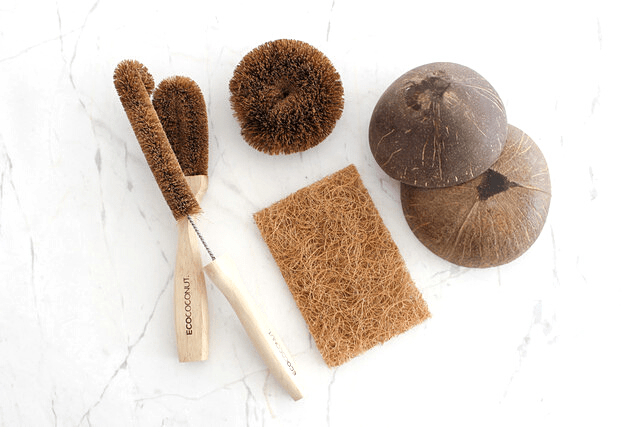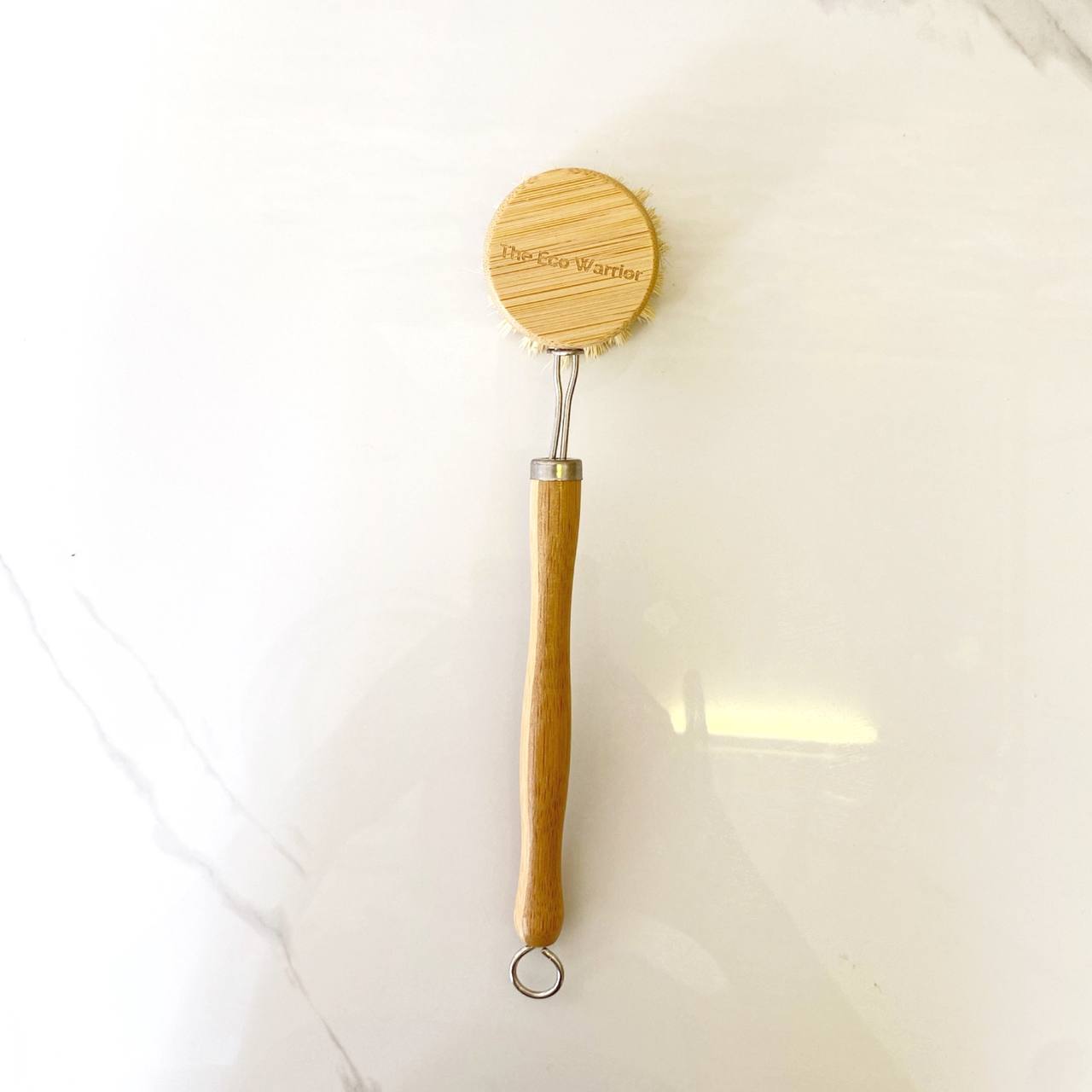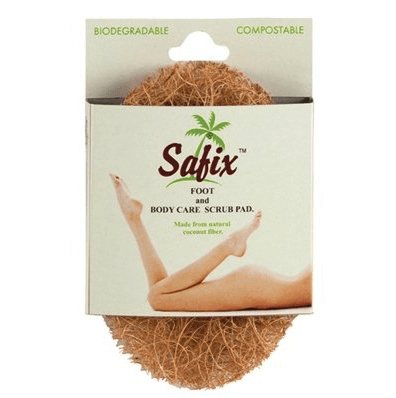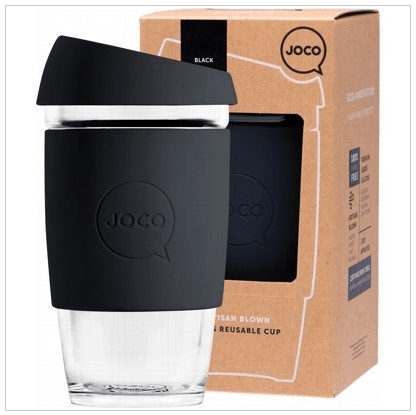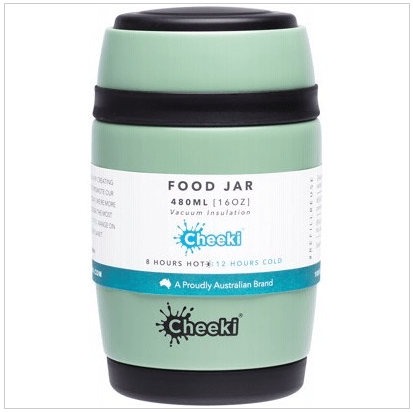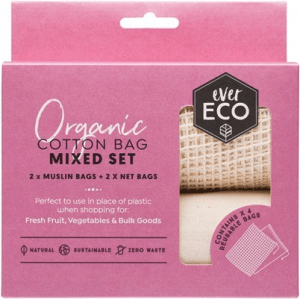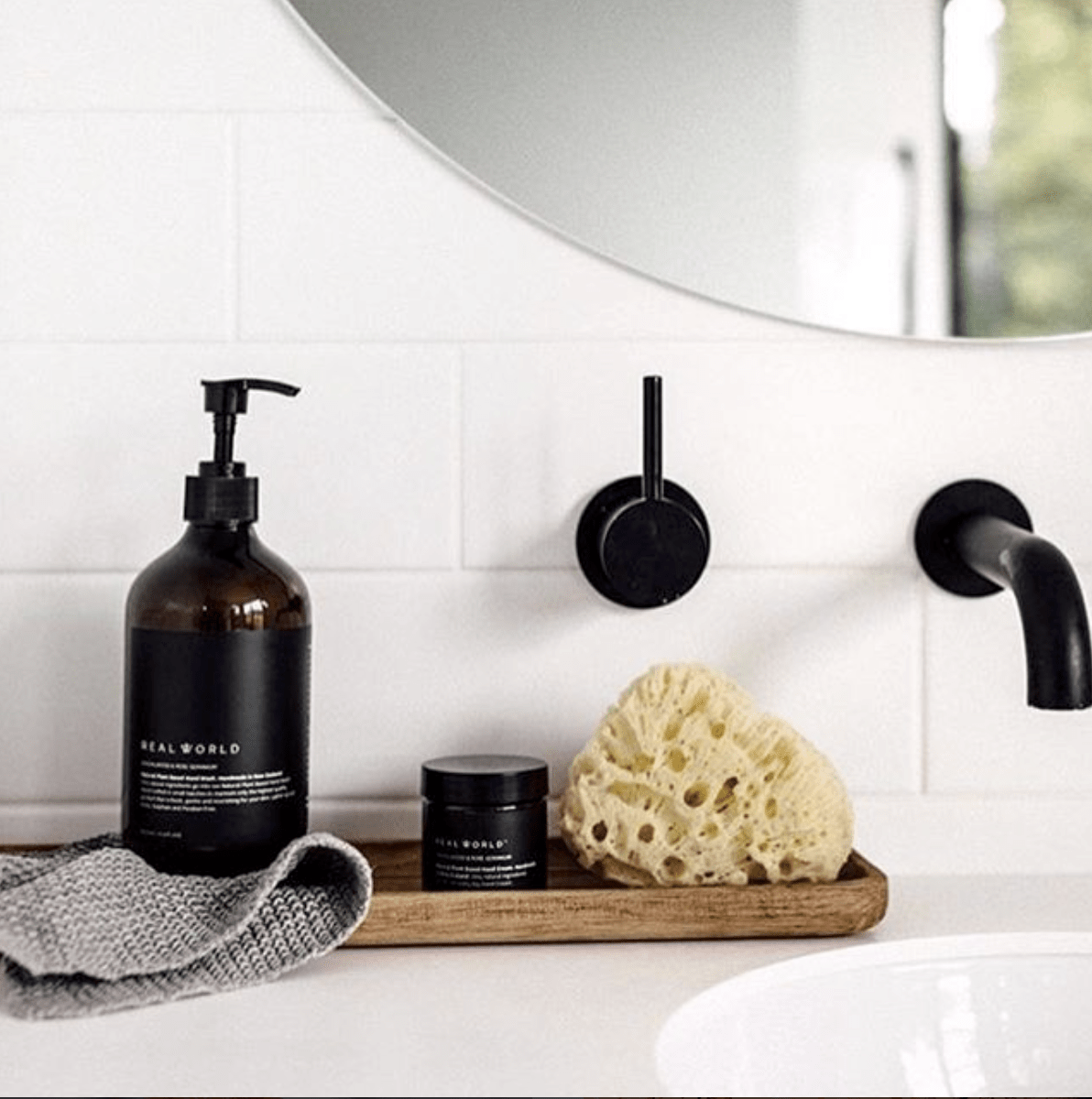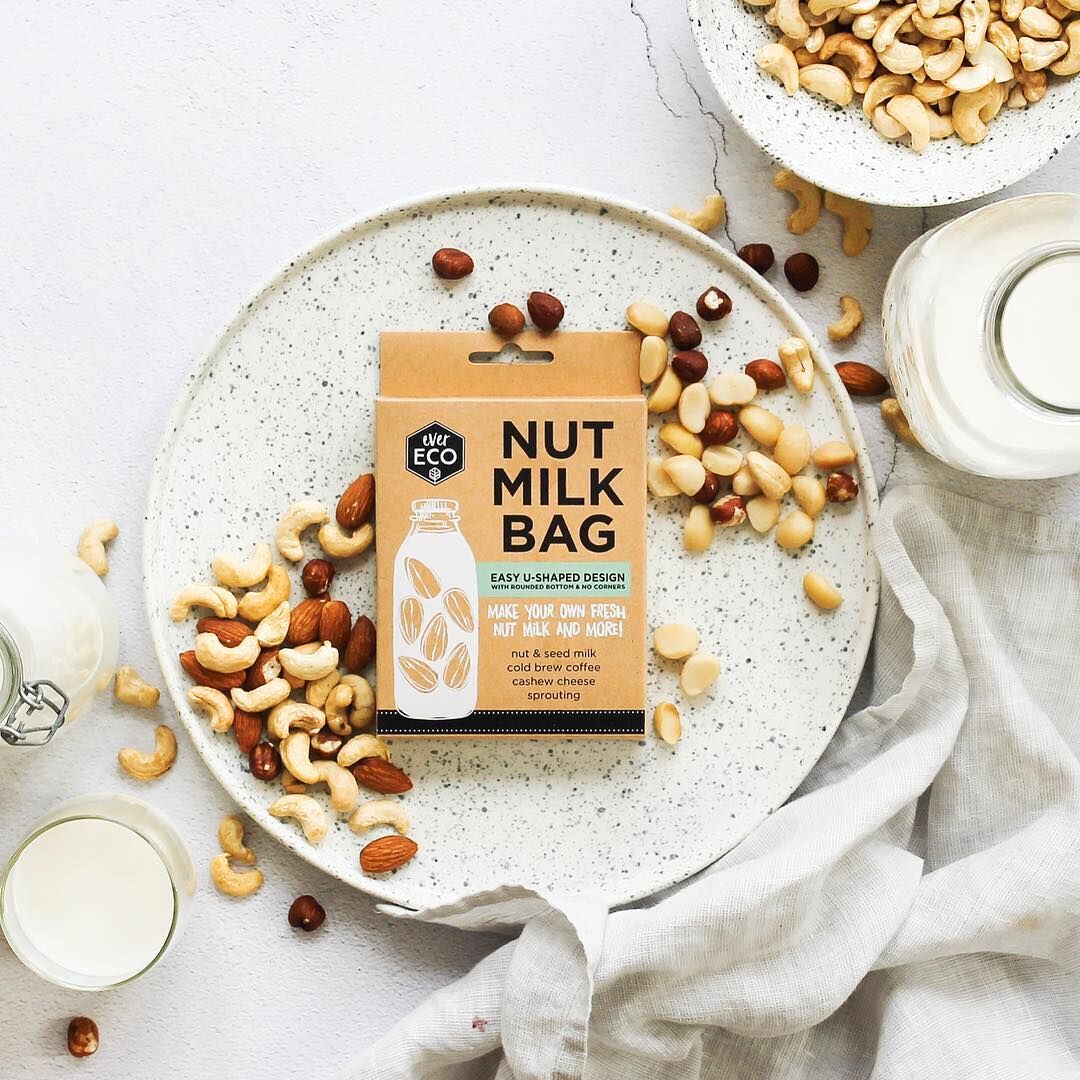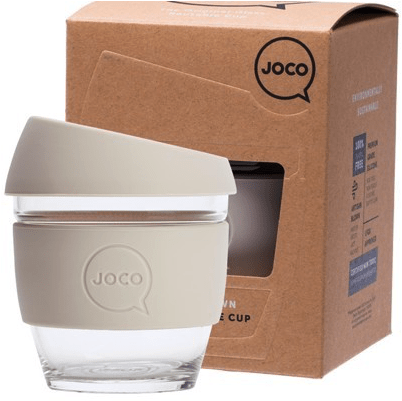Composting is the gift that keeps on giving! Turning food scraps and green waste to nutrients for plants and soil? It’s a yes from us! There are some common misconceptions of home composting – “it’s too complicated”, “it smells funny” and “it’s messy”. These are all true if you compost the wrong way. Thankfully, composting the correct way is super simple!
Types of Composting
Before we start, it’s best to recognise that there are three types of composting: cold, hot and vermicompost.
Cold composting is a simple way of collecting food scraps and green waste and adding them to a compost pile/bin.
Hot composting is more hands-on and requires four ingredients: air, water, carbon and nitrogen.
Finally, vermicompost is made with the help of worms – redworms, to be exact! When these worms eat your food scraps, they become compost as they pass through the worm’s body and compost exits the worm through its tail end!
What To Compost
Do you have any produce sitting in your fridge that’s looking a little worse for wear? Perhaps some veggie scraps, green waste or even newspaper? Here’s a list of materials you CAN add to your compost:
- Fruit/veggie scraps
- Eggshells
- Coffee ground
- Yard waste (grass, plant clippings, dry leaves, finely chopped wood, bark chips)
- Paper/shredded newspaper
- Sawdust (from untreated wood)
What NOT To Compost
It’s also important to know what materials cannot be composted. Some materials can cause odour problems, contain substances harmful to plants, be diseased or have pests. Here’s a list of material you CAN NOT add to your compost:
- Meat, fish or poultry scraps
- Dairy products
- Fats, grease or oils
- Diseased or insect-ridden plants
- Pet waste
- Yard waste treated with pesticides
- Glass (hazardous and can be recycled!)
- Metal (dispose in your recycling bin!)
Benefits of Composting
- Reduces your landfill waste by up to 30%
- Introduces valuable organisms to the soil (e.g. bacteria, fungi, protozoa)
- Offers a natural alternative to chemical fertilisers when applied to lawns and gardens
- Improves soil quality by releasing rich nutrients into the soil
Shop Sustainable
-

Organic Cotton Netted Tote Bag
$14.29 Add to cart -

Ever Eco Recycled Mesh Produce Bags (8 pack)
$21.99 Add to cart -
 Sold Out
Sold OutEver Eco Organic Cotton Mixed Set Produce Bags (4 Pack)
$21.99 Read more -
 Sold Out
Sold OutBiotuff Dog Waste Bags Refills (4 pack)
$10.99 Read more -
 Sold Out
Sold Out4myearth Bread Bag (Denim Stripe)
$24.19 Read more -

4myearth Food Pocket (Denim Stripe)
$14.29 Add to cart

